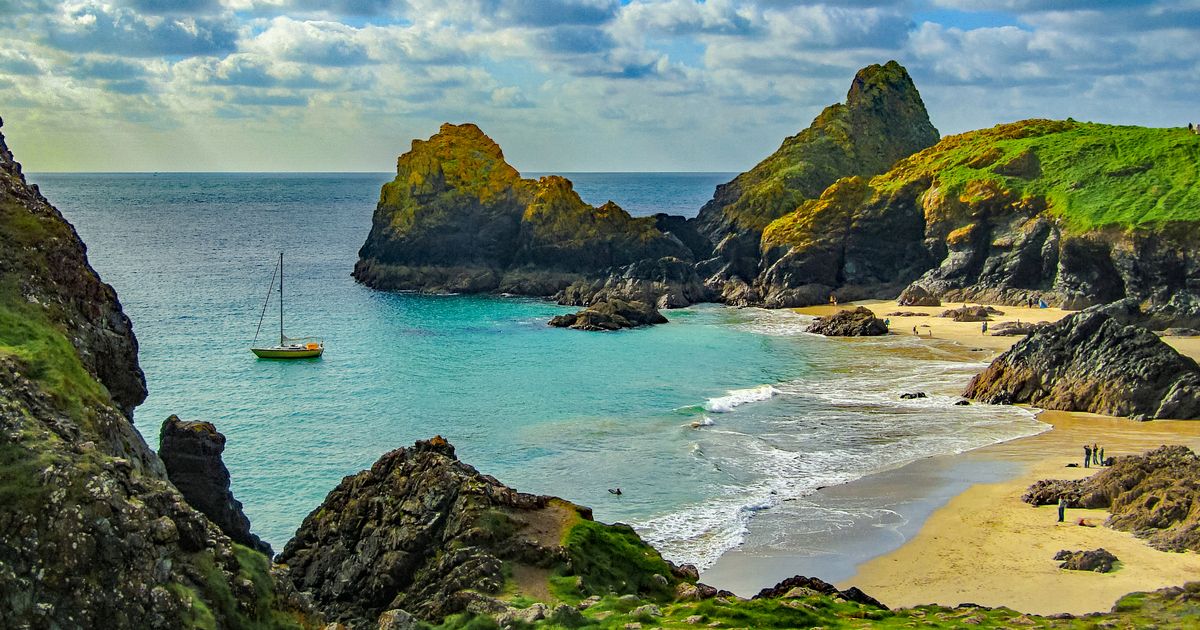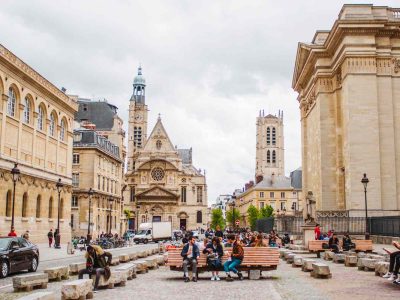One of Cornwall’s best-known beaches has been given yet another impressive accolade as it becomes one of Lonely Planet’s top 100 exceptional and unexpected beaches. Located on the Lizard, Kynance Cove offers visitors a mesmerising coastal experience that looks like it has been picked out of a postcard.
Researched by a team of travel experts, Lonely Planet’s newly released book ‘Best Beaches’ shows off a number of coastal paradises. From secluded coves to surfer’s havens, and off-the-beaten-path spots, the collection guides travellers through the best of the best beaches, praised for their unparalleled beauty.
As well as championing Kynance Cove, Lonely Planet’s list also features other UK gems. The book includes Rhossili Bay in the Gower Peninsula, Durdle Door Beach in Dorset and West Beach Berneray in the Outer Hebrides. Each location is praised for its unique charm and natural beauty, drawing travellers seeking unforgettable seaside adventures.
Read more:
Other highlights include Iceland’s wildly beautiful Raudasandur with its magical turquoise lagoon and red and orange-hued sand, Croatia’s exquisite Punta Rata white pebble coves surrounded by electric green pine forests. It also praises the 98 per cent pure silica sands and swirling aquamarine waters of Whitehaven Beach in Australia and Brazil’s Baía dos Porcos, with its golden sand, azure waters, and volcanic rock backdrop.
Chris Zeiher, Lonely Planet’s senior director of trade sales and marketing said: “I love that this book challenges what we might define a ‘best beach.’ There’s such diversity here, and hidden, unexpected beaches you might otherwise not have known about in places you may not have expected.
“They’re all beautiful and magical and almost unbelievable and let you see beyond the beachy beach—though those are in here too. Each beach has a sort of identified characteristic, too, so you know why we chose it for the book.
“Ultimately, we wanted to show the vast diversity of beaches, from Antarctica to Madagascar, from swirling sand to wild horses.”
This is not the first time that Kynance Cove has been the centre of admiration and awe of travellers. You’ll find Kynance Cove tucked away along the rugged Cornish coastline with its rocky exterior, grassy cliff and unforgettable golden beach.
Kynance Cove is surrounded by a dramatic backdrop of cliffs that contrasts completely with the welcoming beach below. Even before reaching the beach, the rugged terrain of Kynance Cove shows off the best views across the surrounding coastline.
As one of Cornwall’s best hidden gem beaches, Kynance Cove dares travellers to explore it in a journey of discovery and wonder, where the beauty of Cornwall and the South West is laid bare before them at every turn.










